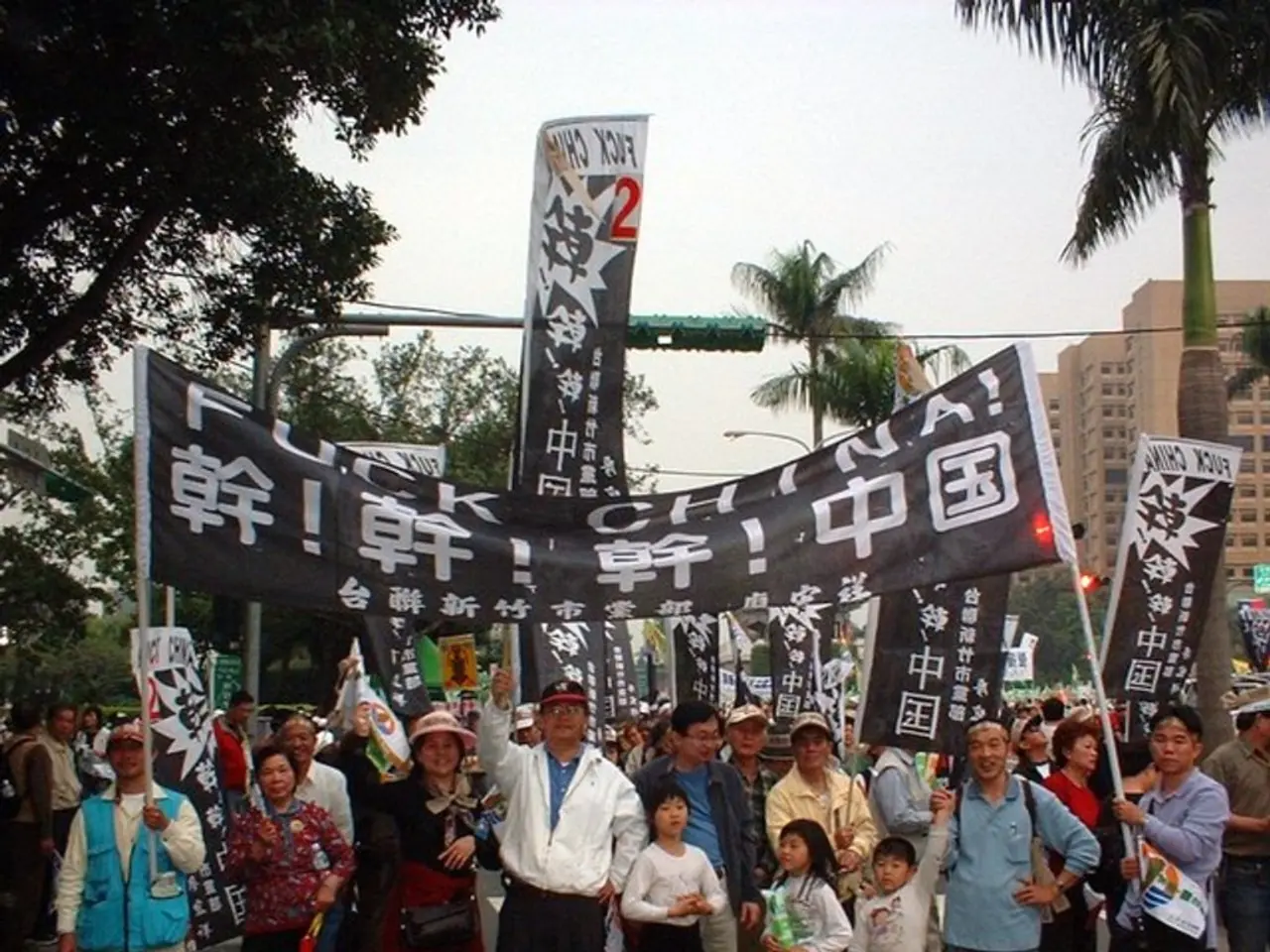Future Activities of Fridays for Future Change Direction
The global climate movement, Fridays for Future (FFF), is facing unprecedented challenges as the world grapples with the COVID-19 pandemic. The pandemic has thrown the climate movement into confusion, with public lockdowns and restrictions on gatherings causing a significant disruption.
In Germany, the German government's climate protection package fell short of the demands made by FFF. The proposed €10 a ton tax on CO2 is significantly lower than the €180 demanded by the climate activists. This discrepancy has raised questions about the future of climate protection, with some speculating that countries may sideline climate issues to focus on the pandemic.
Despite the challenges, FFF Germany has shown resilience and adaptability. The group, represented by Luisa Neubauer, has shifted course from the school strike to activism at the community level. They have targeted businesses, intervened in election campaigns, and even launched an Internet learning program on YouTube for the millions of children not attending school.
Neubauer, the 23-year-old face of FFF in Germany, has been vocal about the importance of continuing the fight to save the climate. She suggests that FFF may learn from the collective, sustainable crisis management experience during the pandemic and apply it to the climate crisis.
The pandemic has also raised questions about how the movement can attract media coverage and maintain its resources. Thunberg proposed that FFF go digital by blanketing the Internet and social media with images of their posters. However, the future path of the movement remains unclear due to the Corona virus and the resulting restrictions on public gatherings.
The virus and the public lockdowns have also had an impact on FFF's demonstrations. The number of student strikers in Invaliden Park has grown thinner, with hundreds rather than thousands participating. In response, Friday for Future has suspended all public demonstrations.
Despite these challenges, the German branch of FFF has not lost its influence. The Greens, a party that has benefited from FFF's activism, tripled their tally in polls and became the country's second strongest party. In Hamburg, where FFF put 20,000 on the streets before the February 24 vote, the Greens doubled their result over five years ago.
However, the question remains: will ordinary people care about the climate when the Corona crisis has turned their lives upside down? Neubauer remains optimistic, stating that the fight to save the climate can't stop. She also highlighted the recent success of FFF in pressuring multinational companies, such as Siemens, despite the ban on gatherings of more than 50 people.
In conclusion, Fridays for Future is navigating a challenging period, adapting to the restrictions imposed by the pandemic while continuing to push for climate action. The future of the movement may be unclear, but its resilience and adaptability are evident.
Read also:
- Russia, according to Zelensky, lacks the prowess for launching another significant offensive.
- Russia's Latest Peace Proposals for Donbas: New Diplomatic Landscape Emerges amid Alaska Summit, Potentially Opening Ceasefire Opportunities
- Amidst India's escalating climate crisis, transgender individuals continue to persevere
- Contentious Discussion Surrounding the Movie Release of "Planet of the Humans"








